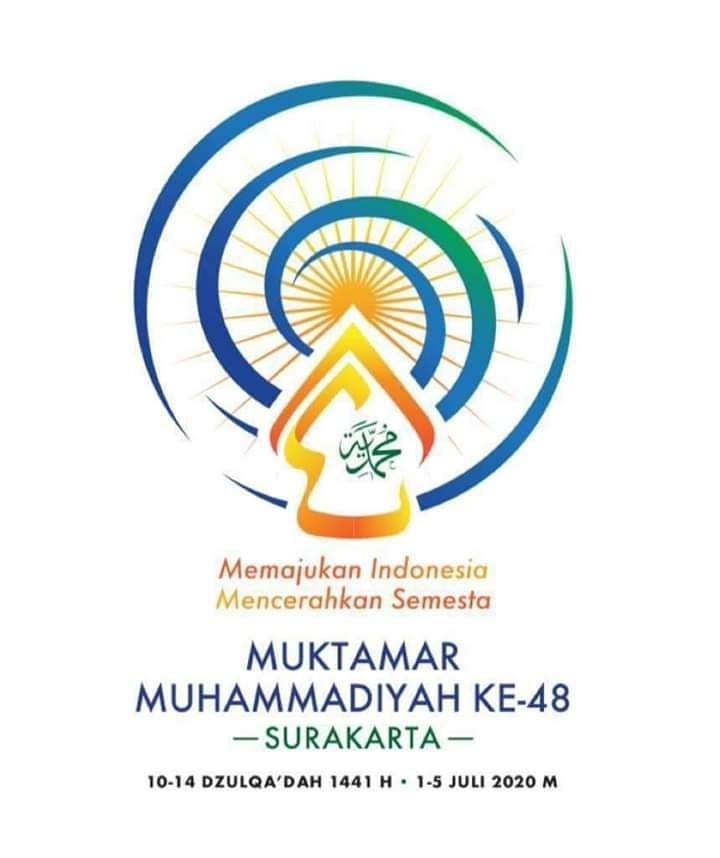Yogyakarta – In order to improve the quality of Journal of Government and Politics (JGP) so that it would be indexed in the trusted international index organization such as Scopus, Journal of Government and Politics (JGP) in collaboration with JusufKalla School of Government (JKSG) held an international conference to support the publication of JGP. This was done to improve JGP quality and it would be included in the international index. The international conference invited some countries such as Malaysia, Philippines, Australia, Ghana, United Kingdom, and Indonesia. The best article from the JGP International Conference would be published in the next JGP issue.
This was delivered by JGP editor, Dr. AchmadNurmandi when he made his opening speech on the opening ceremony of Journal of Government and Politics (JGP) International Conference, taking the theme of “Contemporary Institutions in New Perspective in Public Policy.” The conference was held in the assembly room of Graduate Program KampusTerpadu of Muhammadiyah University of Yogyakarta (UniversitasMuhammadiyah Yogyakarta/UMY) on Saturday (03/14).
On the first opening session of JGP International Conference, the material for Conference was presented by Ansano M. Ampog, PhD from Mindanao State University of Philippines, SumailaIssakaAsuru, a lecturer from University of Bradford United Kingdom, and by Prof. Martada from University Utara Malaysia (UUM). The keynote speakers discussed about the things related to the social welfare conditions in their own countries.
As it was presented by Ansano M. Ampog, he explained that the problems emerged in his country was related to demographic factors and the promotion of staffs who worked in the city of Marawi, Philippines. He made an example for this like a government tried to make a connection between the workers through their settlement areas and trust identity, as well as the work achievement possessed by each staff.
“The government of Philippines tries to build social welfare for the people of Marawi by forming a connection or network between each worker through their settlement area, belief, and the work achievement of the staffs in several of institutions where they worked for. It is hoped that this will be able to increase the workers’ welfare via the network created by the government, which later will impact on the rise of income of each worker,” he described.
This is different to the talk given by Sumaila who presented the generosity of people of Ghana to help people in need through many social aid agencies. This was highly effective to realize the humanity programs as well as other programs that would create more jobs so that people would be able to earn stable and enough income.
“The political governance in Ghana is by supporting the organizations focusing in improving the social welfare by giving permission to run many social programs, so that the implementation of these programs becomes representation of government aids for the welfare of the people in terms of improving the social welfare. Even though this is done with the collaboration between the government and social organizations existing in Ghana,” explained the lecturer from Bradford thoroughly.
After going through the main session of the JGP International Conference, the 120 registered participants would be divided into three panel discussion rooms, with the total number of seven sessions with three keynote speakers from the six involved countries in each session. (Shidqi)


